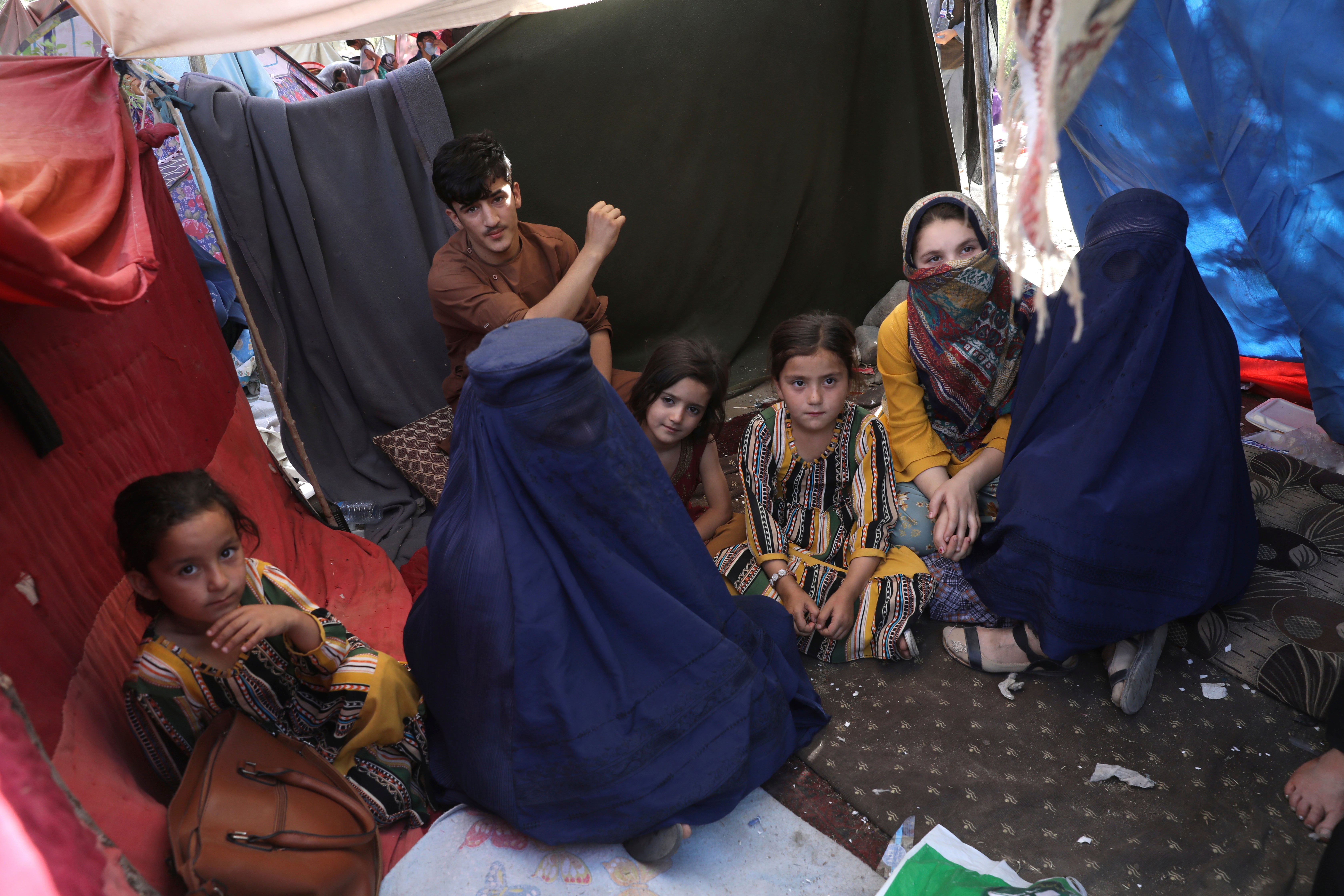Afghanistan will run out of food as early as September, UN agencies warn
Afghanistan is facing a three-dimensional crisis aggravated by the political situation in the country

Afghanistan may face food shortages as early as September unless urgent aid funding is met, several UN agencies have warned.
The country may run out of food and medical supplies for nearly 300,000 people who have been displaced over the past two months when the Taliban rapidly took control, according to aid agencies.
“We’ve got 20,000 metric tonnes of food in the country now, we’ve got 7,000 metric tonnes on the way. We need another 54,000 metric tonnes of food to get the Afghan people through to the end of December. We could start running out of food by September,” Andrew Patterson, deputy country director in Afghanistan of the World Food Programme (WFP) told The Guardian newspaper.
The UN agencies, including WFP and the World Health Organisation, have said their ability to respond to the crisis is declining and are seeking urgent help for “immediate and unimpeded access” to deliver medicines and other lifesaving supplies to millions of the people stuck in the country.
Afghanistan is facing a three-dimensional crisis aggravated by the political situation in the country, a sustained drought and the Covid-19 pandemic, with conditions only appearing to worsen with each passing day as millions seek help to survive.
Explaining the crisis-in-making, Mr Patterson said: “Winter is coming. We are going into the lean season and many Afghan roads will be covered in snow. We need to get the food into our warehouses where it needs to be distributed.”
The agency, he said, needs funds worth $200 million (approximately £146 million) to buy food for at least 20 million people who face the threat of the looming crisis. One in every three Afghans faces starvation as an after effect of the drought ravaging the country’s food supply, the WFP said.
The supply of food, medicines and other aid to the country by commercial flights has been cut off after the operations at the Kabul airport were restricted for evacuation efforts.
Pointing out that the WFP has been facing several difficulties in getting supplies into Afghanistan, the food agency, in a statement, said: “While the main focus over the past days has been major air operations for the evacuation of internationals and vulnerable Afghans, the massive humanitarian needs facing the majority of the population should not – and cannot – be neglected.”
“Even prior to the events of the past weeks, Afghanistan represented the world’s third largest humanitarian operation, with over 18 million people requiring assistance,” it said.
An increasing number of Afghans are suffering because of the ongoing crisis, Mr Patterson said in an interview to CBS News.
“We estimated that about 14 million people were already food insecure and with the drought, which has hit the country this year, we were forecasting the number to reach up to 20 million that we would need to assist by the end of this year,” he said.
The relief operations will not be halted, he said, adding the WFP has been in Afghanistan since 1963. “We have operated with multiple regimes before, including the Taliban. So we are used to dealing with whichever regime is in power to negotiate access to vulnerable people. Now is no different,” he said.
Richard Brennan, the WHO’s emergency director in the region, urged empty aircraft to divert to its warehouse in Dubai to collect supplies on their way to pick up evacuees.
The WHO is also looking to set up a humanitarian airbridge to help the “complex and desperate” situation, Dr Brennan told The Guardian.
Thousands have fled Afghanistan to escape the Taliban rule.
Join our commenting forum
Join thought-provoking conversations, follow other Independent readers and see their replies
Comments
Bookmark popover
Removed from bookmarks